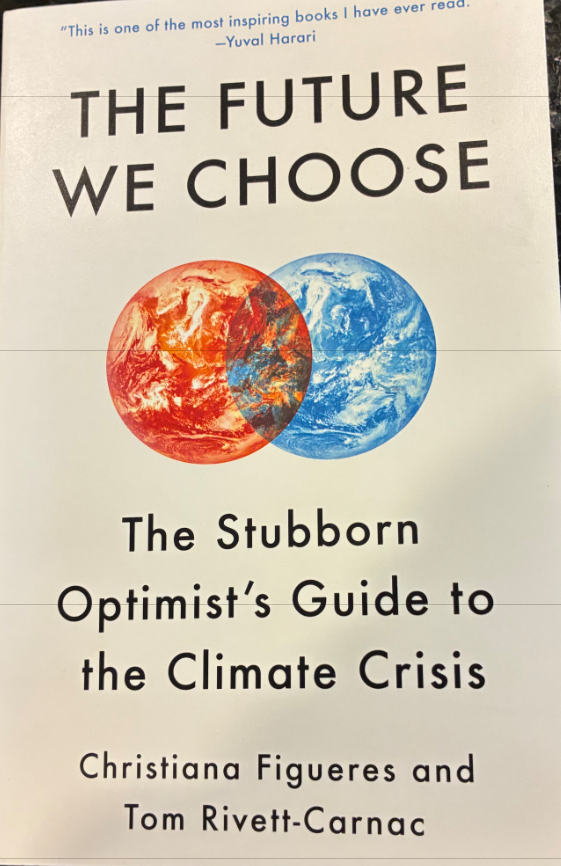Commentary
Food insecurity, food waste – how to help

Editor’s note: This is one in a continuing series of guest opinions about fostering environmental stewardship. This column focuses the key issue of food waste — critical to an overall waste reduction initiative — working with allies to make a difference. The series is coordinated by ACES, the Alliance of Climate and Environmental Stewards.
Food waste has gained a lot of attention in recent years — documentaries, new nonprofits and lots of money have poured into raising awareness and trying to mitigate food waste.
What worries us about food waste? As a lifelong member of the “Clean Plate Club,” the thought of wasting anything sends me on a spiral. Sending billions of pounds of food to the landfill has significant environmental consequences.
And, finally, the juxtaposition of 30% of our food going to the trash while 1 in 10 Americans doesn’t have enough to eat just doesn’t make sense.
How can we fix this issue and what have we learned during the COVID-19 pandemic? Our food system is complex, but if you are serious about increasing food security and reducing food waste, these are some actions you can take to help balance the supply and demand.
First, let’s ensure people have the means to purchase the quality and quantity of food they need for a healthy lifestyle. What can you do?
Call Rep. Seth Moulton and Sens. Elizabeth Warren and Ed Markey; let them know you support increasing Supplemental Nutrition Assistance Program (SNAP) benefits to keep pace with the cost of food (Massachusetts has almost the highest cost per meal in the nation).
Contact state officials: Reps. James Kelcourse and Lenny Mirra, state Sen. Diana DiZoglio, Sen. Bruce Tarr and Gov. Charlie Baker to ask them to push through the common application to make it easier to apply for SNAP. Every $1 in SNAP benefits actually creates $1.50 in the local economy. Win! Win!
Second, we are lucky to live in a region with an abundance of local agriculture. With so much food going to waste, we don’t need to grow more.
We must create a food system that provides equitable, quality, sustainable access to food whether you can afford to buy it or not. What can you do?
1. Let your elected officials know they need to prioritize support to small, local farms and create incentives and accountability for food producers to keep food local and affordable.
2. Find out if the farm you shop at accepts SNAP EBT cards. If they do, thank them. If they don’t, ask why and tell them it’s really important to you as a loyal customer. They may give you some feedback to relay to your elected officials.
3. Invest in a local food safety net that can meet the scale of need.
In 2019, more than 6,000 of our neighbors were food insecure. Today, food insecurity is a real problem for more than 10,000 men, women, seniors and children living in our neighborhoods.
While food donations and community gardens may temporarily alleviate someone’s hunger, to create food security we need year-round, sustainable infrastructure to ensure the wholesome, nutritious food gets to everyone — even after a pandemic.
Lyndsey Haight is executive director of Our Neighbors’ Table in Amesbury, www.ourneighborstable.org.
This column was developed to share knowledge to positively impact our environment. Send comments or questions via email to Caleb Bradshaw, a Youth Corps member who coordinates these columns, at acesnewburyport@gmail.com. To learn more about ACES: https://www.aces-alliance.org.
.svg)





